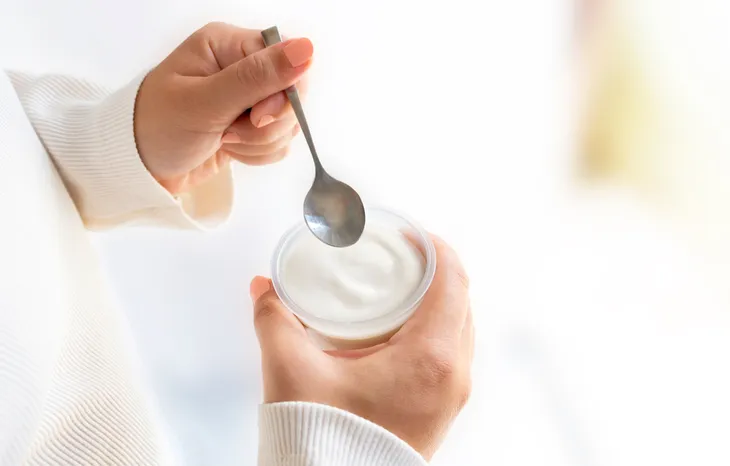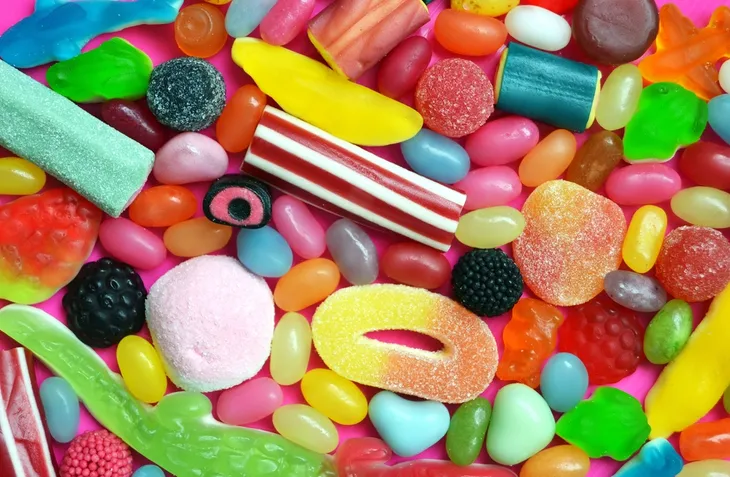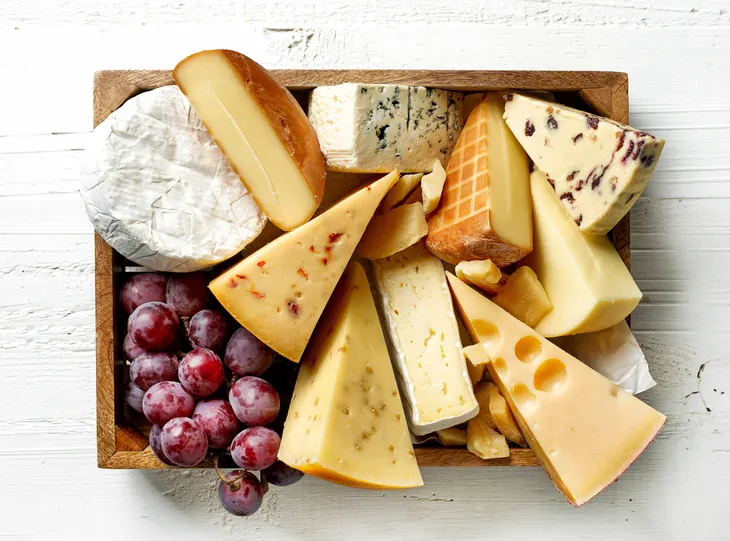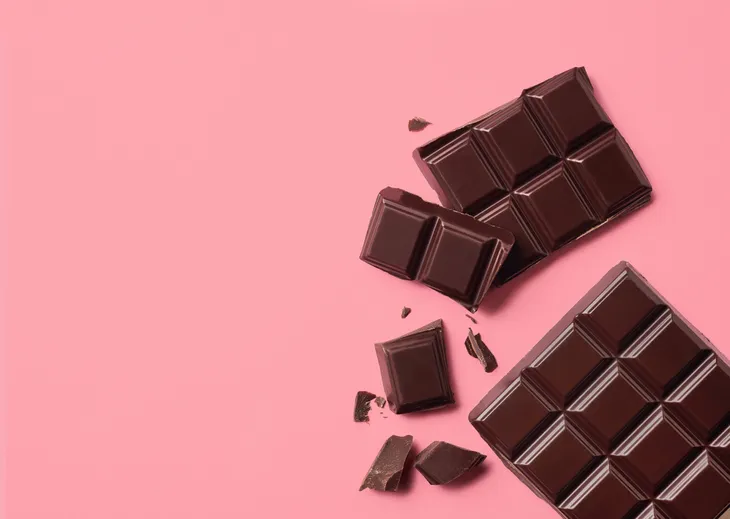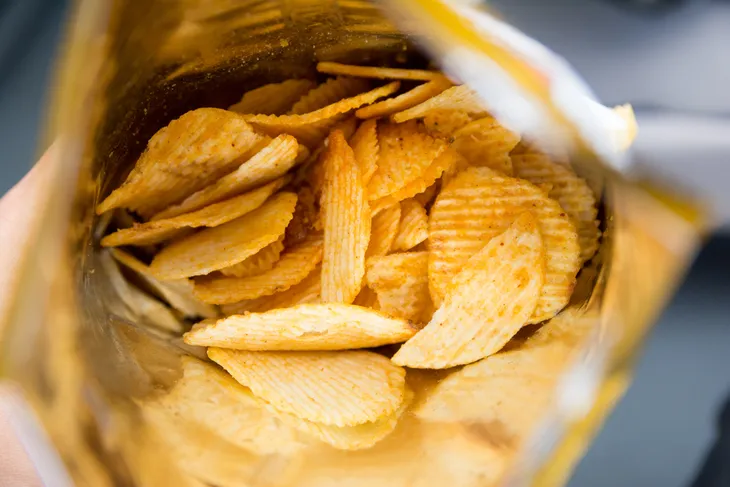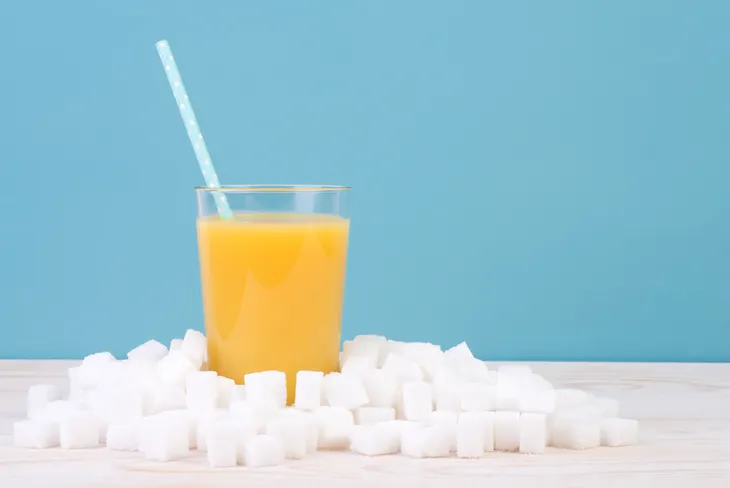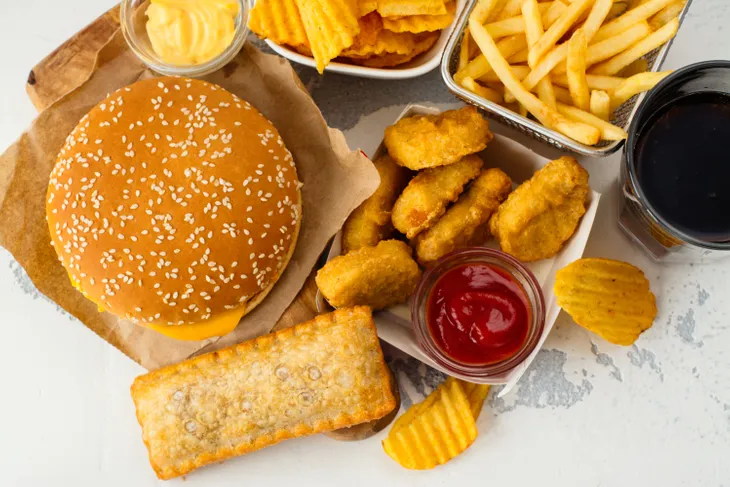- ADHD is one of the most common neurodevelopmental disorders. And while it’s primarily seen in children, it can go undiagnosed until adulthood.
- While diet doesn’t cause ADHD, some research suggests what you eat can impact your symptoms.
- Here are 12 foods that may trigger ADHD symptoms.
ADHD, also known as Attention Deficit Hyperactivity Disorder, is a type of behavioral disorder primarily seen in children. Although, it can go undiagnosed until adulthood. This disorder is characterized by restlessness, inattentiveness, difficulty concentrating, high levels of unfocused energy, and impulsive behavior. While a proper diet cannot cure ADHD, patients who follow particular nutritional guidelines can benefit from eating properly.
Keep in mind, there is also no scientific evidence to prove that diet can cause ADHD but Healthline says there is some research that suggests dietary changes may improve symptoms. If you or someone you love has ADHD, try avoiding these 12 foods. Eliminating (or strongly reducing) these foods from your diet may help manage the symptoms of ADHD.
1. Ice Cream
Dairy products, such as ice cream, can trigger ADHD in Individuals who are hypersensitive to milk products. Someone who is sensitive to dairy products may feel tired both physically and mentally after consuming foods such as ice cream.
Additionally, many ice creams are loaded with added sugar. And while sugar does help make it sweet and delicious, it may also trigger symptoms like restlessness and destructiveness, explains ADDitude Magazine. For these reasons, it’s best to avoid this cold treat.
2. Yogurt
Much like ice cream, yogurt is a dairy product that has been known to spark flare-ups in individuals with ADHD, especially if they have a sensitivity to dairy. One way you can know for sure is by removing dairy products completely from your diet for a few weeks. If symptoms decrease, this may be a sign that dairy is a trigger.
It’s also important to your doctor or an ADHD dietician. Everyday Health says they can help walk you through the steps of an elimination diet. If dairy products trigger your ADHD, consider changing them to foods made with soy instead.
3. Candy
Many kids (and adults!) are drawn to candy. It’s sweet, colorful, and comes in a variety of flavors — what’s not to like? However, individuals with ADHD should err on the side of caution because candy is loaded with not only sugar but artificial colors too. Everyday Health said both of these additives are known to promote ADHD symptoms like hyperactivity.
The good news is there are many healthy alternatives on the market. Look for snacks that are low in added sugar and free of artificial colors.
4. Coffee
This may be a difficult one for many individuals to give up, considering coffee is such a popular drink. Many people rely on coffee for an energetic start to their mornings. Unfortunately, coffee contains a significant amount of caffeine which is a natural stimulant that may trigger ADHD symptoms.
ADDitude Magazine notes that the evidence is mostly anecdotal and it can have a calming effect on some people. This is why it’s important to be in tune with your body. If your symptoms get worse after drinking coffee, try drinking herbal teas or decaffeinated coffee instead.
5. Swordfish
Fish high in mercury, such as swordfish, have been known to trigger ADHD symptoms. Naheed Ali, MD, PhD, an expert on ADHD and the author of Diabetes and You: A Comprehensive, Holistic Approach, tells Everday Health that mercury is hard to digest and can accumulate in the brain over time. As a result, this may increase symptoms like hyperactivity.
Other fish that are high in mercury include king mackerel, shark, tilefish, and tuna. Work with an ADHD dietician to find out which types of fish are best for your ADHD diet.
6. Cheese
Another dairy food to avoid when trying to avoid sparking ADHD symptoms is cheese (specifically cow’s cheese). Much like yogurt and ice cream, cheese may trigger symptoms if you have a sensitivity to dairy.
If you suspect cheese may be triggering your symptoms, talk to your doctor or ADHD dietician to find out if you should try avoiding it on an elimination diet. If you notice your symptoms are more controllable when you’re not eating cheese (or other cow dairy products), consider switching to a lactose-free or dairy-free diet (such as eating goat’s cheese instead).
7. Chocolate
Just like candy, chocolate can contain a lot of sugar. It also contains caffeine. As we already know, both sugar and caffeine may trigger ADHD symptoms.
As a general rule, Healthline explains that the darker the chocolate, the higher the caffeine content. The source says white chocolate has no caffeine whereas dark chocolate can contain up to 12 milligrams of caffeine per ounce. When it comes to sugar, it’s very important to read the nutritional label. Too much chocolate isn’t good for anyone but people with ADHD should err on the side of caution and avoid it if it triggers their symptoms.
8. Soda
Whether you have ADHD or not, eliminating soda from your diet can be a healthy choice. Everyday Health explains that soda is loaded with sugars and sweeteners which may exacerbate ADHD symptoms.
Even worse, many sodas contain high-fructose corn syrup and caffeine. All of these ingredients may trigger hyperactivity and distractibility. The source also notes that one study found that young children who drank sodas were more likely to show social withdrawal and aggression. It’s best to avoid soda altogether and opt for healthy drinks like homemade smoothies or even sparkling water.
9. Frozen Pizza
Sometimes, frozen pizzas are packed full of artificial colors and flavorings, just like soda. The ingredients used to help enhance these types of products may increase hyperactivity and decrease concentration in individuals with this disorder.
If you like eating pizza, consider making one from scratch on your own. This way, you’ll know all of the ingredients used are healthy and natural.
10. Chips
Chips are often a staple in most homes. After all, they’re an easy (and tasty) snack. But it’s no secret that they’re not healthy and individuals with ADHD should take extra caution when adding them to the grocery cart.
Firstly, chips are heavily processed and provide no nutritional value. They also may contain artificial flavors and colors that may trigger ADHD symptoms. Luckily, there are plenty of other healthy and ADHD-friendly snacks to choose from, such as homemade kale chips or fresh fruit and vegetables.
11. Fruit Juice
Like soda, most fruit juices are loaded with artificial colors and flavors. They’re also often chock full of added sugar. So with this in mind, individuals should avoid artificial fruit juice.
When shopping, look for 100-percent natural fruit juice with no artificial coloring or flavoring. You can also consider making a delicious smoothie or pressed juice with fresh, organic fruits you’ve purchased from the supermarket.
12. Fast Food
Fast Food is at the top of most “Do Not Eat” lists and this list is no exception. The fried foods found in most fast food meals are incredibly unhealthy and the ingredients may cause an increase in ADHD symptoms.
Individuals looking to manage their symptoms should avoid fast food altogether and consider making food at home instead. When you make meals at home, you’ll have full control of what ingredients you use. When you’re in a pinch, look for restaurants that offer fresher, healthier foods.
Like this article? Check out these as well:


